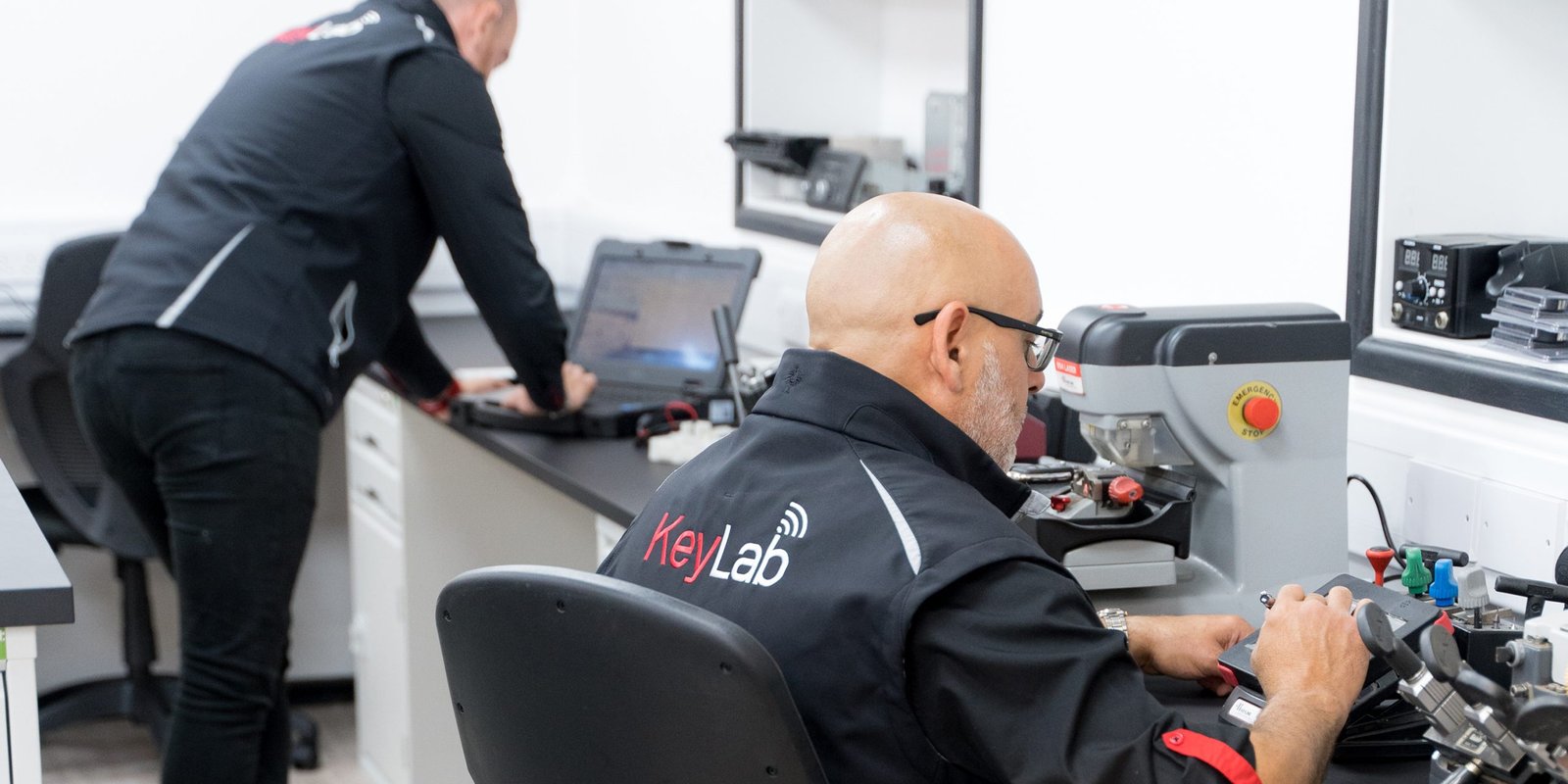Where Can You Find The Most Reliable Key Replacements Information?
Comprehensive Guide to Car Key Replacements: Understanding Your Options
In today's hectic world, losing or harming a car key is an increasingly typical affair. Car key replacements have evolved significantly for many years with improvements in innovation, and car owners now have a range of options to consider. This short article will check out the different kinds of car keys, techniques for replacement, expense ramifications, and other necessary considerations for car key replacements.
Kinds Of Car Keys
Understanding the types of car keys is vital for knowing the replacement options offered. Below is a summary of the numerous types:
Type
Description
Standard Key
A non-electronic key that mechanically opens the door and ignition.
Transponder Key
A key embedded with a microchip that interacts with the car's ignition system for added security.
Key Fob
A remote control utilized to unlock doors and begin the engine wirelessly. Often includes a transponder chip.
Smart Key
Permits keyless entry and ignition, using proximity sensing units and advanced innovation.
Valet Key
A restricted key that restricts access to particular functions of the vehicle, usually utilized by parking attendants.
Comprehending the Replacement Process
When it concerns car key replacements, it is vital for car owners to be familiar with the alternatives offered. The following techniques illustrate how car keys can be replaced:
1. Car dealership Replacement
- Process: The vehicle owner goes to the dealer and offers proof of ownership. The car dealership might need the Vehicle Identification Number (VIN) and additional recognition.
- Pros: Trusted source, ensured compatibility, typically includes programs.
- Cons: Typically the most costly choice.
2. Expert Locksmith
- Process: A licensed locksmith professional goes to the car area or runs from their store. They cut and program the replacement key.
- Pros: Generally cheaper than dealerships and can offer a variety of key options.
- Cons: Limited capability for some sophisticated keys and fobs, might not have OEM (Original Equipment Manufacturer) parts.
3. Do-It-Yourself (DIY)
- Process: Car owners can buy key blanks and shows sets online or from hardware shops. Follow specific guides for programming.
- Pros: Cost-effective and convenient.
- Cons: Risk of errors, absence of expert quality, and possible security problems.
4. Mobile Key Cutting Services
- Process: Mobile services pertain to your area to cut and program keys.
- Pros: Convenient and often more budget-friendly.
- Cons: May need a waiting period, and rates vary based upon range and service quality.
5. Insurance coverage Coverage
- Process: Some vehicle insurance coverage policies cover losses due to stolen or lost keys.
- Pros: Potentially considerable cost savings.
- Cons: Coverage limits and prospective deductibles might use.
Elements Influencing Replacement Costs
The cost of changing a car key can vary commonly depending upon numerous factors, such as:
- Type of Key: Traditional keys are normally less pricey to replace than transponder keys or clever keys.
- Design and Make of Vehicle: Luxury and newer models might have higher replacement costs due to sophisticated technology.
- Location: The average market rates for locksmith services or dealers can influence pricing.
- Key Programming: Programming costs may be separate from key cutting costs.
Here's a basic breakdown of replacement expenses:
Estimated Costs of Car Key Replacement
Key Type
Estimated Cost Range
Standard Key
₤ 5 – ₤ 25
Transponder Key
₤ 50 – ₤ 300
Key Fob
₤ 50 – ₤ 600
Smart Key
₤ 200 – ₤ 600
Valet Key
₤ 10 – ₤ 30
Essential Considerations
While checking out car key replacements, it's crucial to remember of the following:
- Proof of Ownership: Always have paperwork that shows ownership when looking for a replacement.
- Security Concerns: Keep in mind that lost keys position security risks; if there's a concern, think about rekeying locks.
- Service warranty and Insurance: Check if your car is under service warranty and if it covers key replacements.
- Future Security: Consider updating to more secure options like clever keys if your vehicle supports it.
Frequently Asked Questions About Car Key Replacements
Q1: Can I replace my car key myself?A1: Yes, it is possible to replace your car key yourself, particularly if you purchase key blanks and have shows tools. However, guarantee you follow instructions properly to prevent complications.
Q2: How long does it require to replace a car key?A2: Replacement time depends on the method utilized. Dealerships might take longer due to programs, while mobile locksmith professionals can typically do it on-site within minutes.
Q3: What should I do if I lost my car key?A3: If you lose your car key, evaluate your needs and choose on a replacement approach. Consider getting in The KeyLab with a locksmith professional or your vehicle's dealership for next steps.
Q4: Are replicate keys thought about replacements?A4: No, duplicates are copies of existing keys, while replacements are new keys made when the original is lost, broken, or not operating.
Q5: Will my car's alarm system be affected if I replace the key?A5: It depends on the key type. Typically, a properly configured replacement will not impact the alarm. Nevertheless, some keys may need to be synced or programmed to the alarm.
Car key replacements are more uncomplicated than they have ever been, yet comprehending the different options and their implications can conserve money and time. By acquainting oneself with the types of keys, the replacement process, and potential expenses, car owners can browse this challenge with greater ease. Whether selecting a dealership, locksmith, or a DIY approach, staying informed guarantees smarter choices for securing car access.
